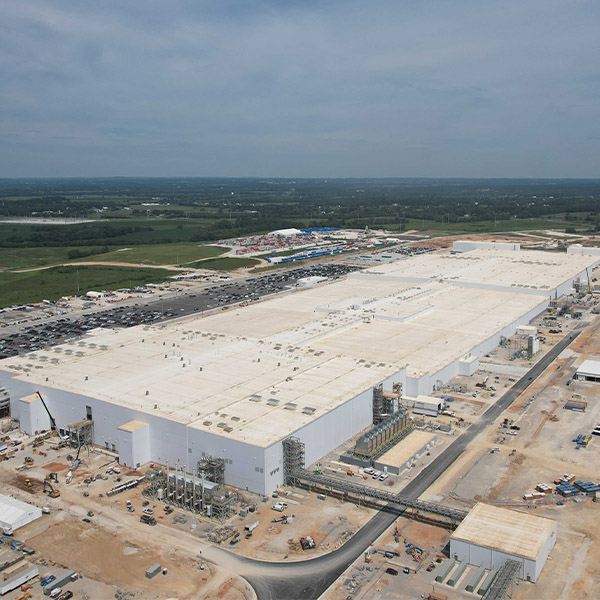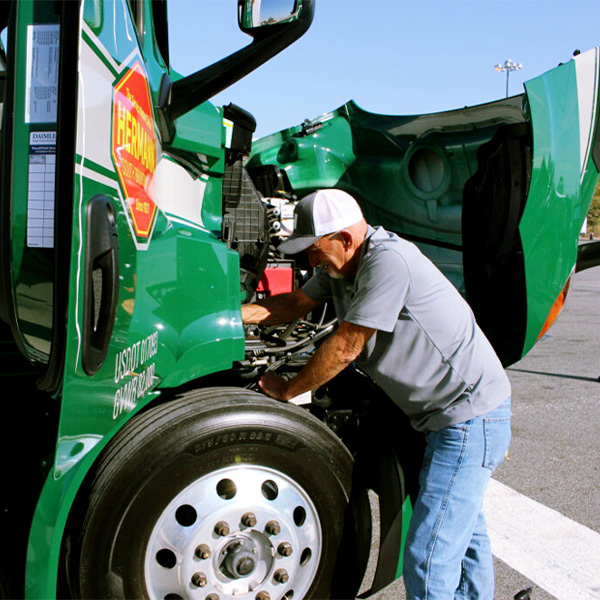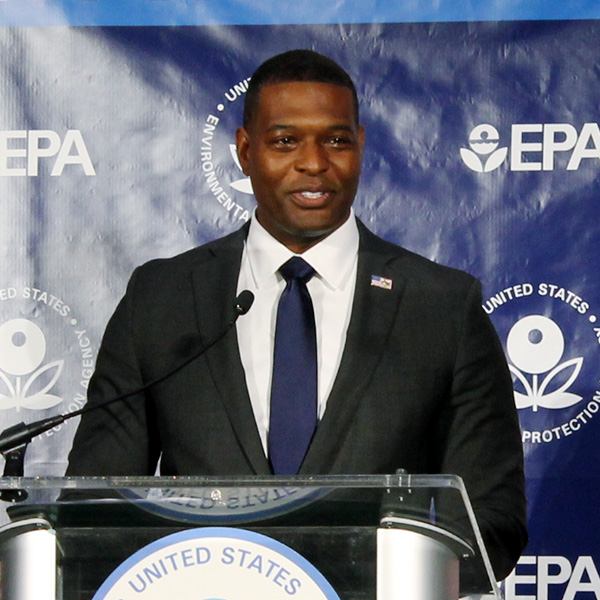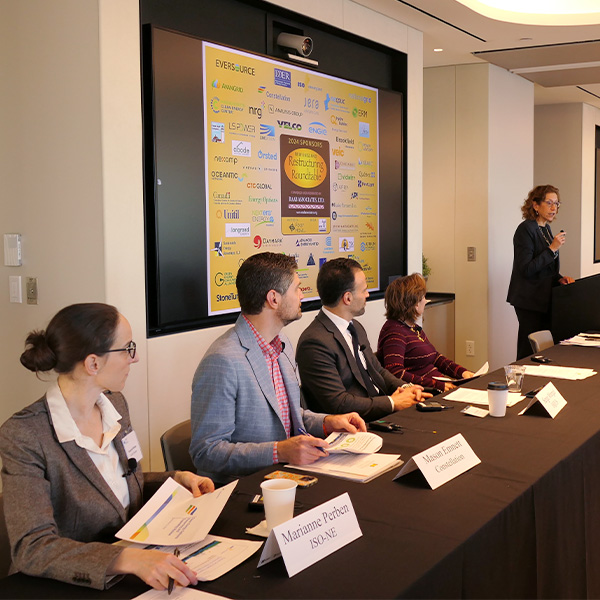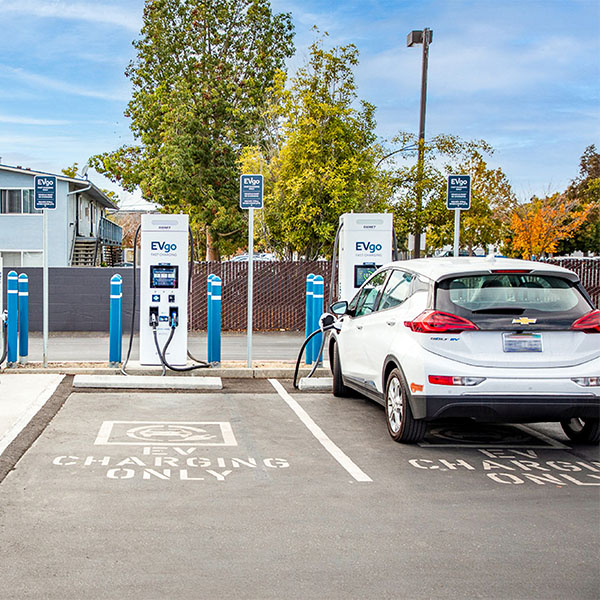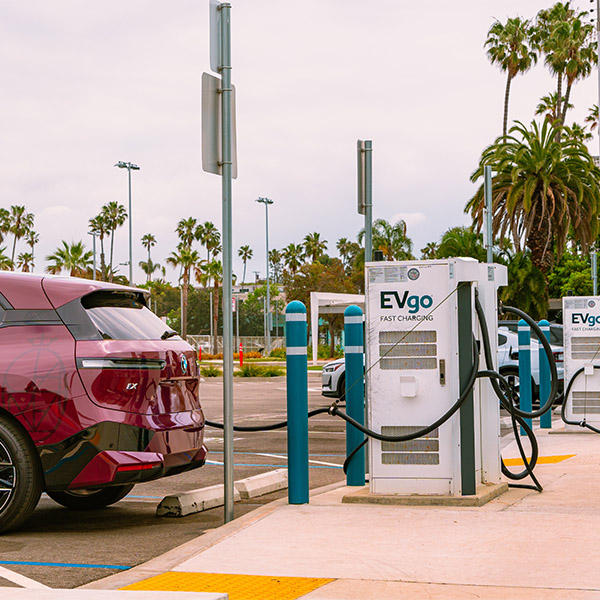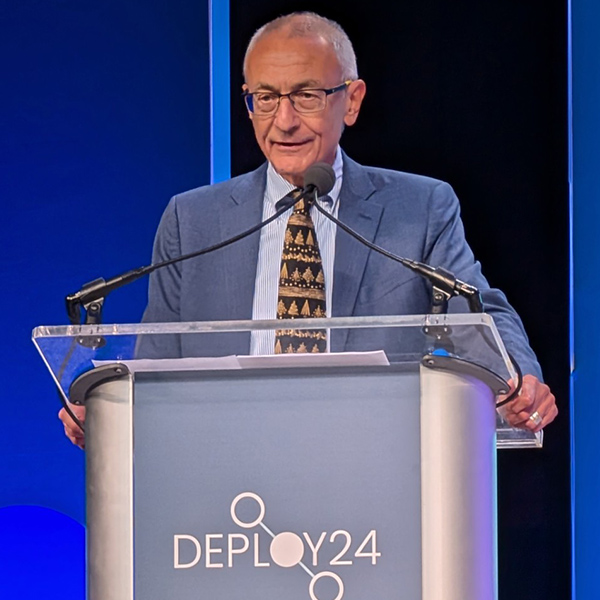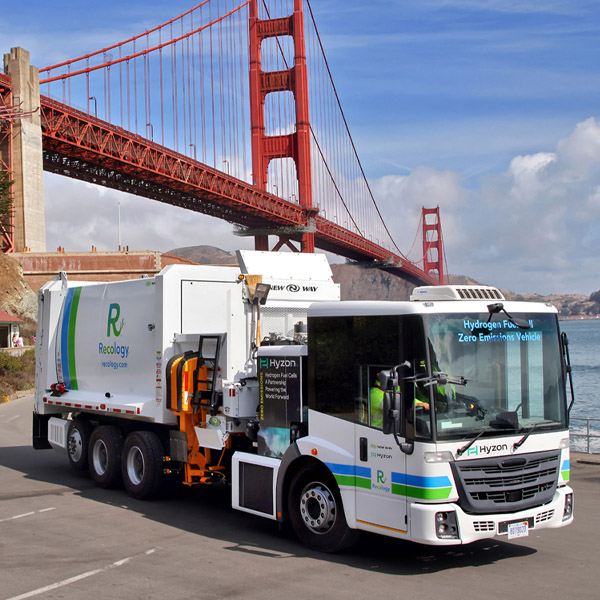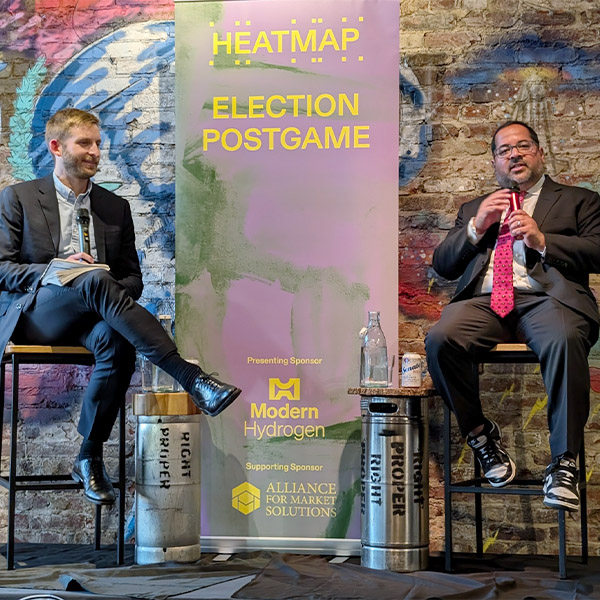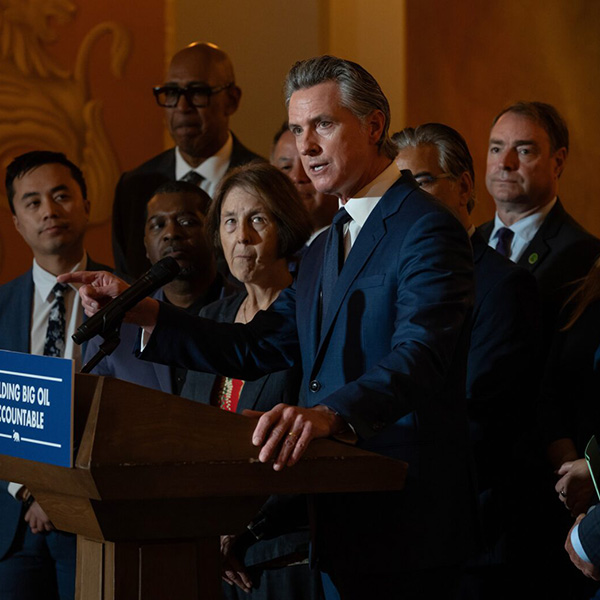Transportation Decarbonization
Airplane DecarbonizationEV chargersHeavy-duty vehiclesBattery Electric Buses (BEB)Fuel Cell Electric Buses (FCEB)Light-duty vehiclesBattery Electric VehiclesFuel Cell VehiclesPlug-in hybrid electric vehiclesShip electrificationClean Ports
DOE’s Loan Programs Office announced billions of dollars in loans for two joint ventures of car and electronics manufacturers aimed at building out a domestic battery supply chain and accelerate the rollout of new electric vehicles.
A New Jersey Assembly committee unanimously backed a two-year delay in the implementation of the state’s Advanced Clean Trucks regulations.
Just weeks before President-elect Donald Trump returns to the White House, the Biden administration has given California permission to enforce rules that require all new cars sold in the state to be zero-emission by 2035.
While 2024 brought notable success on state-level climate policy in Massachusetts, 2025 brings significant uncertainty regarding whether the change in federal administration will slow the momentum of the clean energy transition in the region.
EVgo CEO Badar Khan said expanding the availability of fast chargers is “a key ingredient to the long-term competitiveness and sustainability of the U.S. automotive industry."
California regulators approved a $95.2 million funding plan for zero-emission vehicle charging infrastructure, with nearly equal amounts going to charging for passenger vehicles and medium- and heavy-duty trucks.
DOE has committed more than $95 billion in grants and loans, with more going out the door each day.
California regulators approved a $35 million package of clean transportation incentives for fiscal year 2024/25, a steep drop in funding that is raising concerns about the fate of programs not funded by the package.
To move forward in the second Trump administration, both Democrats and Republicans will need to depoliticize the debate around climate and energy issues as they face the impacts of increasingly frequent and severe extreme weather, while meeting growing power demand from artificial intelligence, data centers and new manufacturing.
The California governor is convening a special session of the state legislature to take steps “to safeguard California values” — including the fight against climate change — ahead of president-elect Donald Trump’s second term.
Want more? Advanced Search
